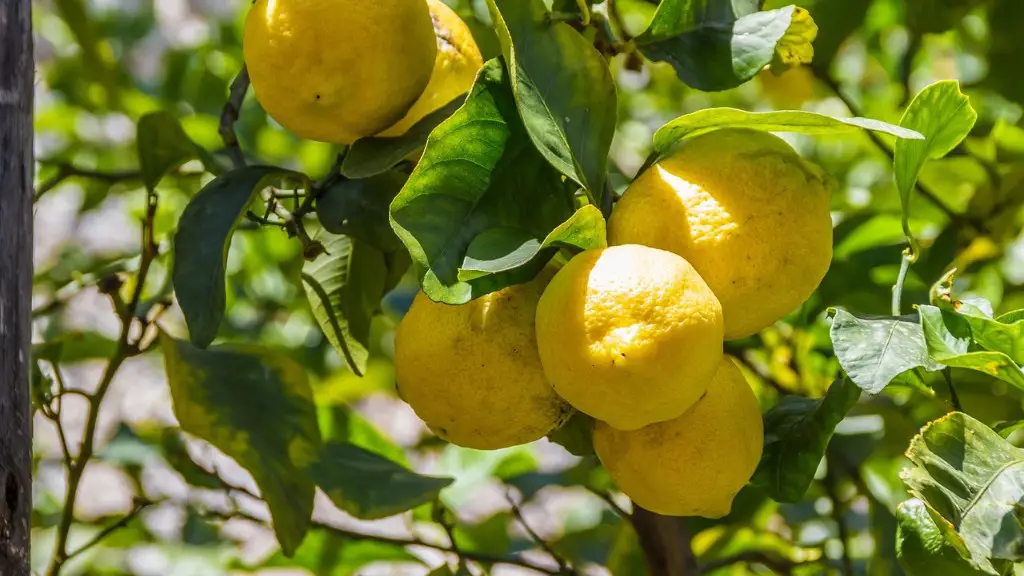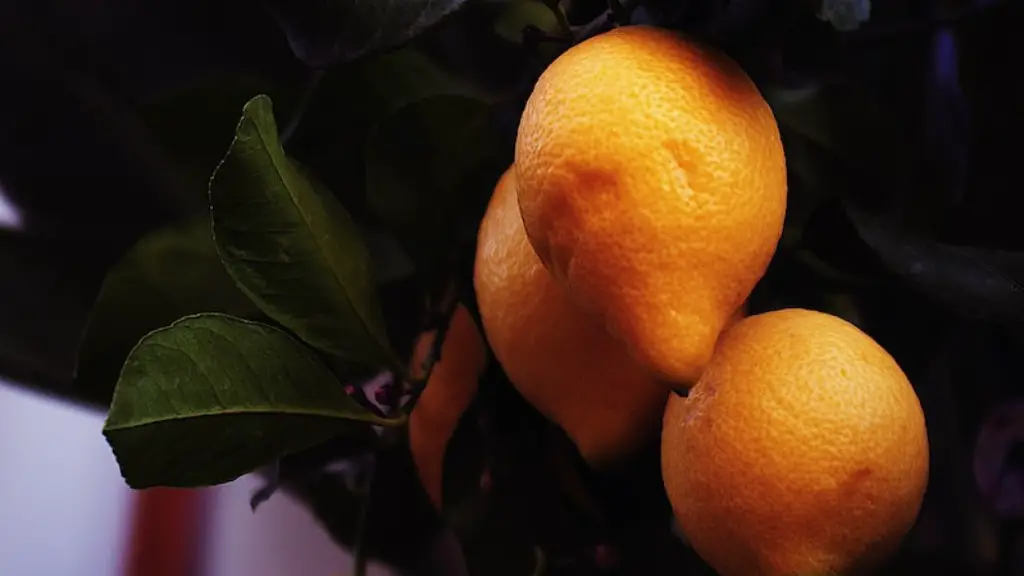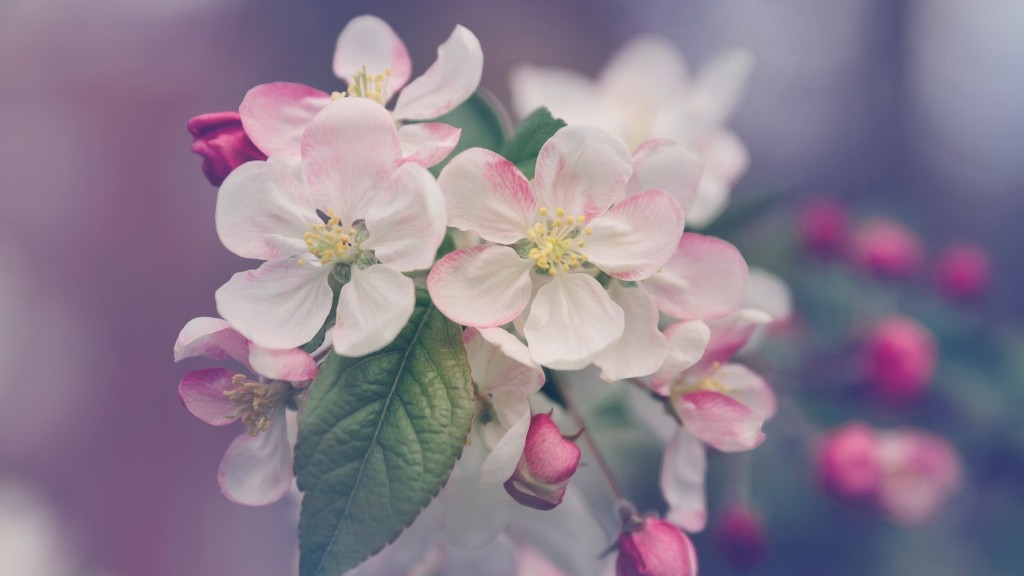Can Wisconsin homeowners successfully grow lemon trees? The answer is yes! Despite Wisconsin’s cold climate, lemon trees can be grown in containers or with strategic pruning and protection from the frost – making it possible for home gardeners to indulge in their own home-grown lemons. Here we’ll explore the basics of growing a lemon tree in Wisconsin.
First and foremost, it is important to choose the right place to grow the lemon tree. Keep in mind that lemon trees require warmth and as much sunlight as possible. Wisconsin can be quite cloudy, so look for south-facing places that get a good amount of sunlight. The best place would be a balcony or covered patio, providing protection from the cold weather.
Lemon trees also require adequate space: if you’re growing the tree in a pot, it’s best to choose one that has a minimum size of 20 gallons. You will need to rotate the pot every couple of months to make sure all parts of the tree get enough light. Additionally, lemon trees require about 4-6 gallons of water per week, depending on the size and age of the tree, and an annual feeding.
The soil you use is also very important. You’ll need some that drains easily, has good fertility, and is pH neutral. Avoid using store-bought soils as they often contain too much fertilizer for the lemon tree. And it’s also a good idea to add a generous layer of mulch around the base of the tree to help keep the soil moist.
Finally, your lemon tree will require protection from the cold. Frost can be especially damaging, so if you live in a colder area of Wisconsin, you may need to look into additional methods of frost protection such as covering the tree with a blanket or burlap on particularly cold days.
Lemon Tree Requirements
Growing a lemon tree in Wisconsin requires special attention to certain requirements, tailored to the climate. Choose a spot that gets plenty of sun, aim for a minimum of 4-6 gallons of water per week, and ensure the soil is pH neutral and drains properly. Additionally, make sure to mulch the base of the tree to help keep the soil moist, and to provide protection from frost, either through a sheltered area or with extra blankets or burlap.
Choosing a Lemon Tree
When it comes to selecting a lemon tree, you should choose one that is well-suited to your climate and soil conditions. Lemon trees can vary quite drastically in terms of growth and productivity – some are cold-resistant while others are more suited to a warmer climate. However, with the right care, any type of lemon tree can thrive in Wisconsin.
Pruning and Care
In addition to the right environment, your lemon tree will need regular pruning and care. Aim to prune your tree at least once a year, shaping the branches and removing any dead growth to promote further fruiting. Be sure to watch for insects, pests and diseases that can damage your tree and its fruit.
Harvesting
In terms of harvesting the lemon crop, it’s best to leave the fruit on the tree for as long as possible, as it will sweeten as it matures. When the fruit is ready, you can easily twist it off the branch. Avoid pulling or cutting the fruit from the tree, as this can cause damage and can attract pests.
Winterizing Your Lemon Tree
When winter hits Wisconsin, there are a few measures to take to protect your lemon tree. Wrapping the tree with burlap, plastic sheeting, or other breathable material can help keep the temperature constant and prevent frost damage. Additionally, prune back any dead growth and make sure the roots have enough insulation – either with a winter pot or a layer of mulch.


